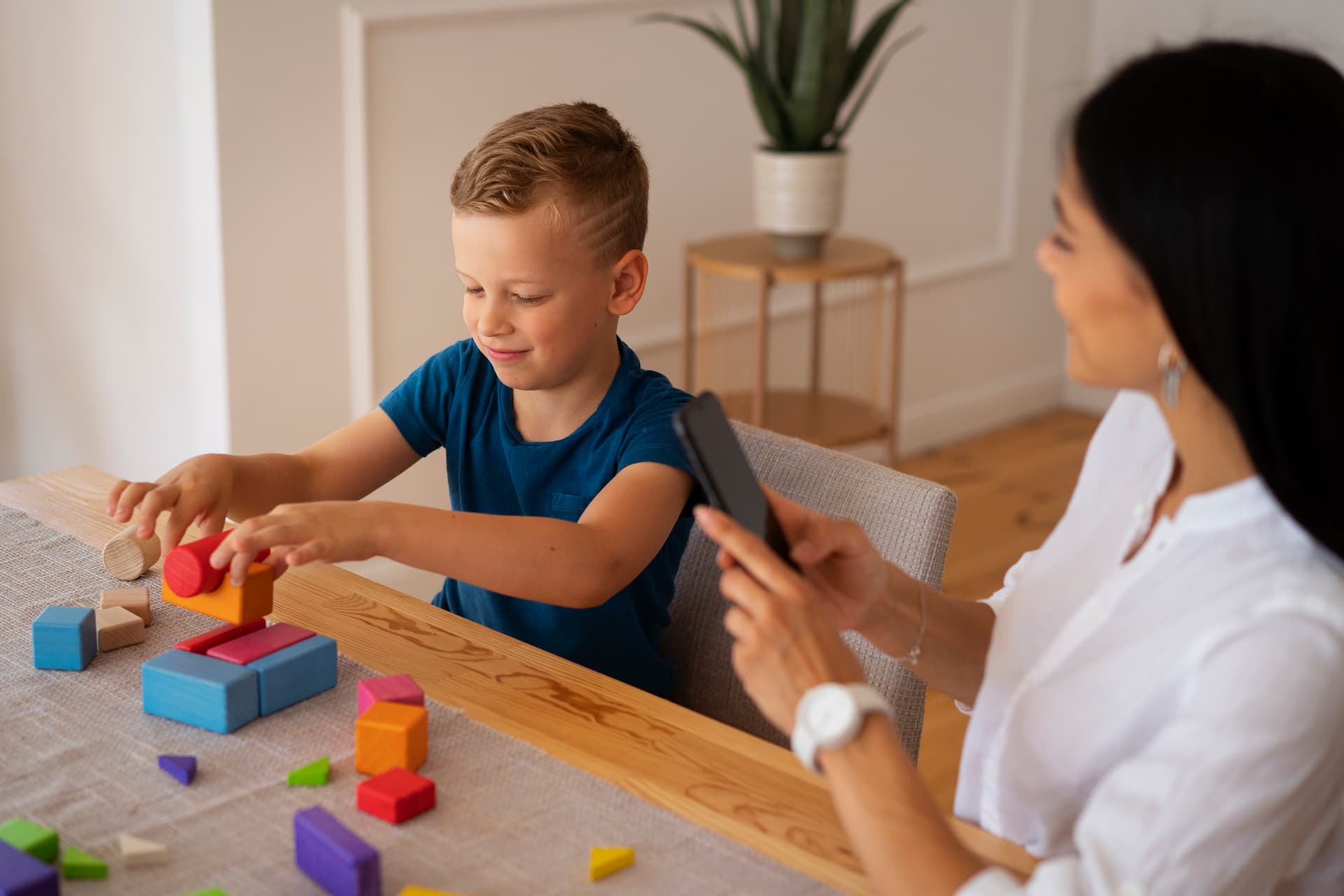
is now part of
Joy Parenting Club!
Families and care organisations using Heba will now have the option to also join Joy. For any questions, reach out to us at hello@heba.care

Families and care organisations using Heba will now have the option to also join Joy. For any questions, reach out to us at hello@heba.care

October 3, 2023
Occupational therapy (OT) exists to help improve people’s ability to do everyday tasks - essentially, to support independence.
Typically, OT is characterised as addressing fine motor skills and coordination, but it can impact many areas - including balance, core strength, body awareness, sensory regulation, social participation and greater independence generally.
You will find occupational therapists (OTs) working in many different settings - from hospitals, to schools and specialist clinics.
Occupational therapy for children
Children with additional needs often benefit from OT to support many areas of their development. OTs working with children typically use techniques and routines that seem like play, and which are they are designed to support areas of delay and difficulty. Their work might include:
OT can help a broad range of children, particularly those with developmental conditions. OTs can work with you and your child to better understand how and why your child may be behave how they are (for example, to communicate), and develop solutions to make day to day life easier. They may help you plan an implement a routine, strategies to make transitions easier and support your child’s independence and participation in everyday activities.
Occupational therapy & neurodiversity
Sometimes children with neurodiverse conditions, like autism or ADHD, may use their body to understand how things feel - to touch, smell and feel things. Neurodiverse children may find these feelings overwhelming, and equally, they may actively seek sensory sensations to calm them down, or for pleasure. Experiencing sensory stimuli differently from the neurotypical population is known as sensory processing differences.
OTs can be key in providing advice and interventions to target each sense, to help reduce anxiety and improve attention. Each child will have a unique set of sensory needs, which change over time, and an OT will work to assess and support these.
They may develop a sensory diet/lifestyle, which is a specifically designed daily activity plan that includes sensory activities to help a child’s attention and feeling. It may include activities like dancing, listening to music or going for a walk.